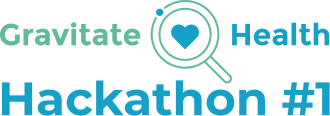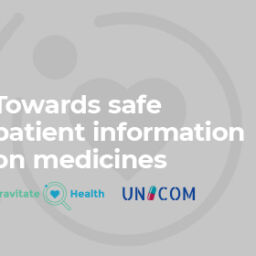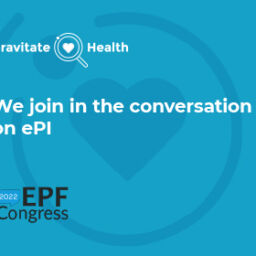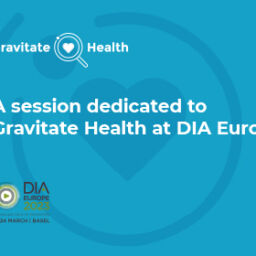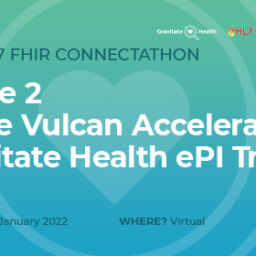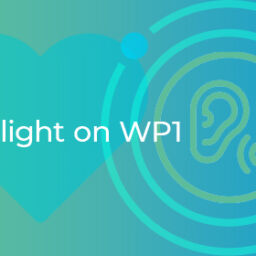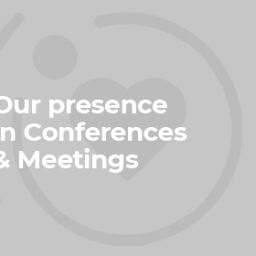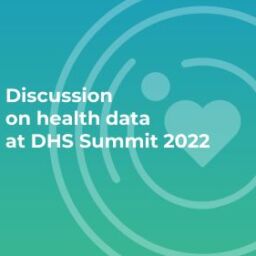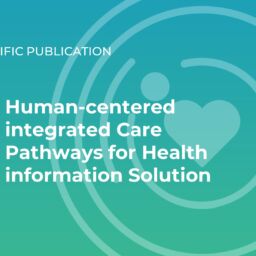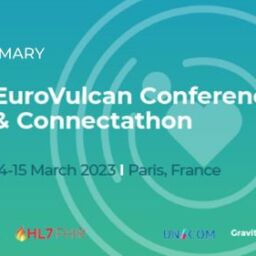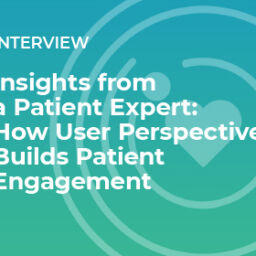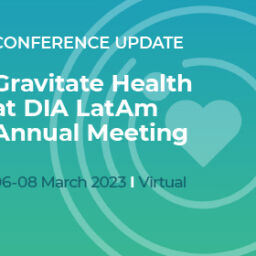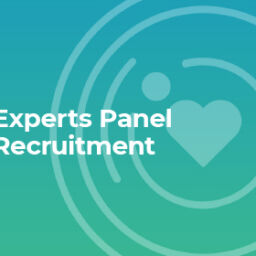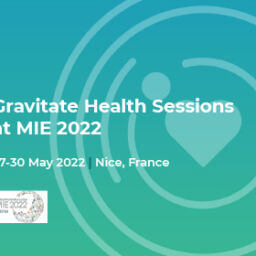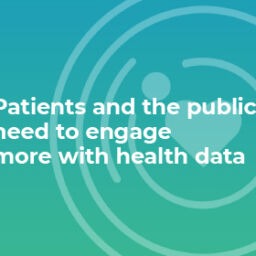From relevance to readability
Read an article published in IMI’S NEWSROOM to present some of Gravitate Health’s results.
Gravitate Health’s extensive profiling illustrates how ‘one-size-fits-all’ actually fits very few when it comes to patient medicine information.
The paper inserts that come with packets of medicines are notoriously user-unfriendly, and the information that’s available online can be confusing and sometimes even dangerous. How can people find information specific to their own circumstances, and judge which sources are reliable?
Even if it’s easy to locate and relevant, information on things like side effects and dosing can often be hard to read and even harder to comprehend. To fix this problem, the project Gravitate Health is creating a piece of open-source software called a G-Lens, which will help people zoom in to the information that applies to them as individuals. The G-Lens will focus on (but not conceal or filter) approved information on medicines and other trusted sources, and guide patients to understandable, trustworthy, up-to-date information that meets their needs and literacy levels. This should help patients take their medicines correctly, resulting in better health outcomes.
To help in the development of the software, which will be made available as an app for smart devices, the project has created a list of ‘personas’. Personas are commonly used in commercial marketing departments to help define their customer base. They are fictional but realistic descriptions of typical end-users of the product based on real-world data. Applying the principles of human-centred design and user experience best practices, the project sourced data from interviews carried out in Norway, Portugal, Italy, Spain and Ireland, and then validated the personas and user journeys via crowd-sourcing.
Maria, Filippo, Amalia, Pedro, Peter and Antonio
After collecting the raw data from multiple sources, the project partners clustered the end-users based on recurring attributes, merging similar clusters and eliminating irrelevant ones. These segments represent the entire range of diversity represented in the raw data. The result was three end-user groups and six distinct personas: Maria, Filippo, Amalia, Pedro, Peter and Antonio.
Maria, for example, is a well-educated, retired, ‘autonomous and organised’ person with a chronic illness who travels four times a year and has 17 different active prescriptions. We find out about Maria’s level of literacy and autonomy, her health routine and other meaningful information such as her level of social support and willingness to share health data. Another persona describes Filippo, a tennis player and a very active person. ‘Out of the blue,’ we learn, Filippo ‘has been diagnosed with cancer. After 50 days in the hospital, he is back at home with a fatal diagnosis. He represents a palliative care case.’
From a smoker with IBS to a child with a feeding tube and the sibling of someone with Down’s Syndrome, we meet a diverse group of people whose circumstances represent those of a wide swathe of the population. Now that the personas have been described, the project has been able to use them to understand the people that will ultimately use the G-Lens, asking in brainstorming sessions how the software can, in practice, help Maria on her journey in a particular episode in her daily life. A scenario is described as such: ‘Maria went to her doctor and he prescribed a new medication. She went to the pharmacy to get the new medicine and commented to the pharmacist that she is afraid that new medicine may interact with her current treatment.’ Brainstorming sessions helped figure out what key features the G-lens tool would have to have to best improve her experience and outcomes in such a case.
The Gravitate Health personas are being used by the project partners to give everyone a common understanding of the end-users of the G-Lens. They are just the first instalment in a suite of user research tools that will be part of a continuous, iterative, living toolkit that will evolve as more data become available.

Read the article & The Gravitate Health deliverable on ‘personas’ on the IMI Newsroom.
Take a look at the various scenarios:
Maria – Norway | Filippo – Italy | Amalia – Portugal | Pedro – Spain | Peter – Ireland | Antonio – Italy
